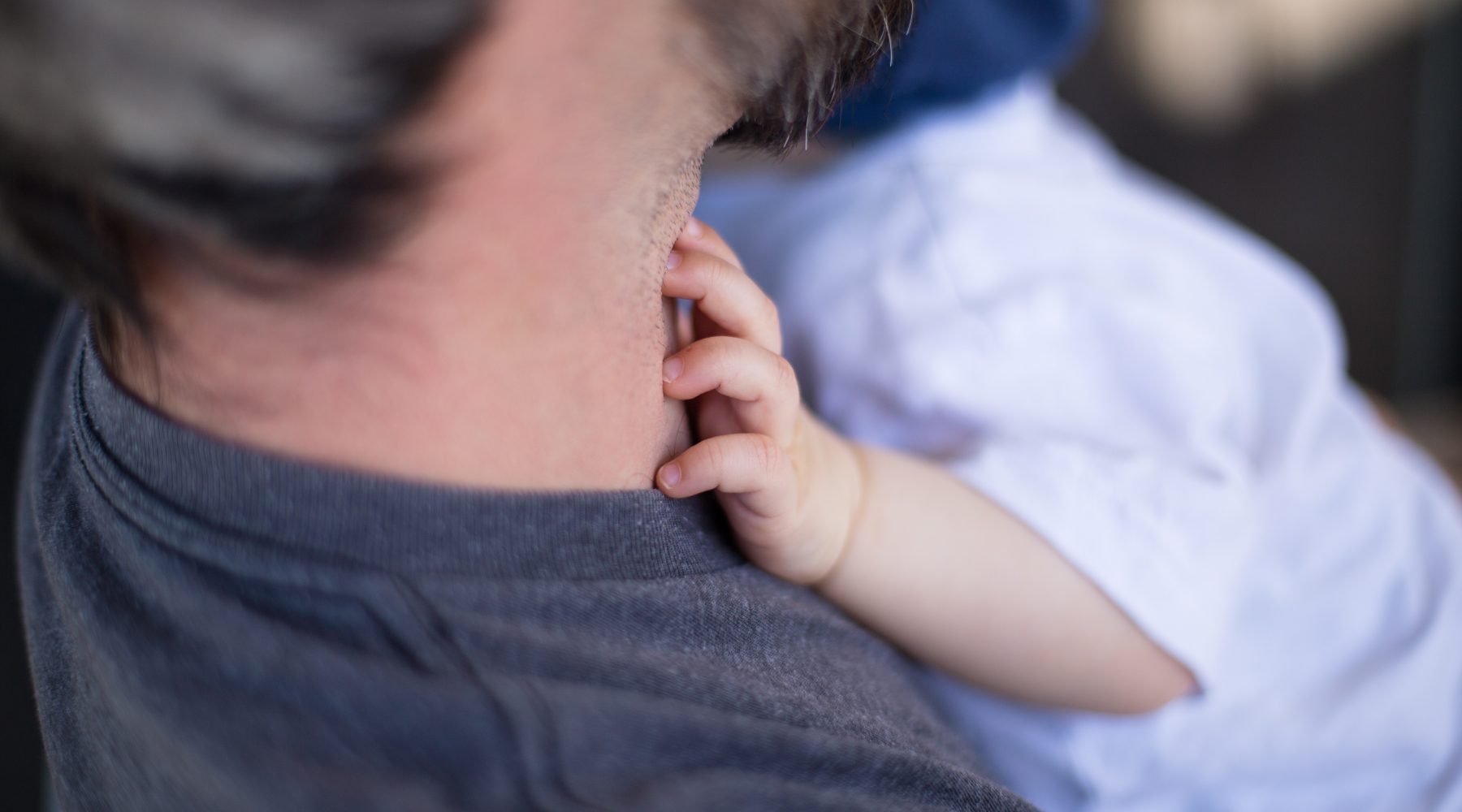Caring for children isn’t ‘the preserve of women’, Women’s Day study finds

Men are not emasculated by caring for children, but need more support from employers to help them share responsibility, a collaborative study by Ipsos MORI and the Global Institute for Women’s Leadership at King’s College London, commissioned to mark International Women’s Day, has found.
The survey was conducted across 27 countries, and highlights how, in order to share responsibility for caring for children, men need more support from employers. Key findings of the report are detailed below.
On masculinity diminishing by staying home to care for children
Globally, 75 per cent disagree that a man who stays at home to look after his children is less of man, but these opinions vary greatly between countries:
- Those most likely to disagree with this statement are in Serbia (92 per cent), the Netherlands (90 per cent) and Colombia (87 per cent).
- However, agreement rises to 76 per cent in South Korea and to 39 per cent in India.
- In Australia, only 13 per cent agree that a man staying at home to look after his children is less of a man, while the vast majority (81 per cent) disagree.
- Men are more likely to agree that a man who stays home to look after his children is less of a man (20 per cent) than women (16 per cent).
- Younger people are also more likely to agree with this statement; one in five (22 per cent) of those under 35 agree compared to one in eight (13 per cent) of those aged between 50-64.
On the role of the employer
Three-quarters globally (73 per cent) agree that employers should make it easier for men to combine childcare with work compared with just 18 per cent who disagree.
- There is little difference by gender on this question with 75 per cent of women agreeing compared to 72 per cent of men.
- Agreement is highest in Serbia (90 per cent), Chile (83 per cent) and Colombia (81 per cent), and lowest in Japan (58 per cent), Brazil (59 per cent) and Russia (63 per cent).
- Level of agreement is also contingent with household income. Whereas seven in ten (69 per cent) of those with a low household income agree, this figure rises to three quarters (77 per cent) of those with a high household income.
On equality:
Globally, the area where people think not enough is being done to achieve equal rights between men and women is looking after children and the home.
- Close to half (48 per cent) think not enough is being done to achieve equal rights between men and women in looking after children and the home. One in five (22 per cent) say the right amount is being done and only one in twenty (5 per cent) think too much is being done.
- However, while two in five (41 per cent) of men think not enough is being done, this figure rises to over half (55 per cent) of women.
- There are also differences by household income. While over two in five (45 per cent) of those on a lower household income think that not enough is being done, this figure rises to half (52 per cent) of those on a higher household income.
- Looking at country differences, those most likely to say not enough is being done are Serbia (73 per cent), Spain (63 per cent) and Peru (60 per cent). Whereas those who think too much is being done are in India (12 per cent), Turkey (12 per cent) and Brazil (11 per cent).
- In Australia just four per cent say too much is being done, compared to 44 per cent saying too little.
“The rise of women is not about the fall of men, and a more gender-balanced society is a better society. Employers can play a significant part in driving structural and societal change that promotes inclusive concepts of families and their shared responsibilities.“
Kelly Beaver, Managing Director of Ipsos MORI’s Social Research Institute, said the findings demonstrated that it was not attitudinal barriers that prevented men from sharing more actively in childcare responsibilities, but rather “real structural barriers that need to be overcome so that men can help play more of a role in the provision of childcare. Just as employers need to do more to help women balance their responsibilities in work and the home, they also need to do the same for men.”
Julia Gillard, former Prime Minister of Australia and Chair of the Global Institute for Women’s Leadership at King’s College London said of the report: “There is a real desire among both sexes to tackle the gap between men and women when it comes to looking after children and the home. We need employers to give men the flexibility to balance their careers with childcare responsibilities, which will in turn better enable women to advance in the workplace.”
Speaking on behalf of the International Women’s Day movement, Glenda Slingsby said “In modern progressive societies, the responsibility of caring for children and the home is not deemed to be that solely of women. Balanced efforts in raising children and supporting a family should not be gender stereotyped.
“The rise of women is not about the fall of men, and a more gender-balanced society is a better society. Employers can play a significant part in driving structural and societal change that promotes inclusive concepts of families and their shared responsibilities.”
Popular

Workforce
Quality
Practice
Provider
Research
How one teacher is using Little J & Big Cuz to build empathy, understanding and confidence in First Nations learning
2025-12-08 07:15:19
by Fiona Alston

Quality
Policy
Practice
Provider
Economics
Research
Workforce
NQF Annual Report 2025: Quality gains continue, but sector faces compliance pressures and persistent equity gaps
2025-12-10 07:21:19
by Fiona Alston

Research
Provider
Intentional science play: a three‑stage pathway to foster children’s scientific literacy in the early years
2025-12-10 07:45:26
by Fiona Alston
















